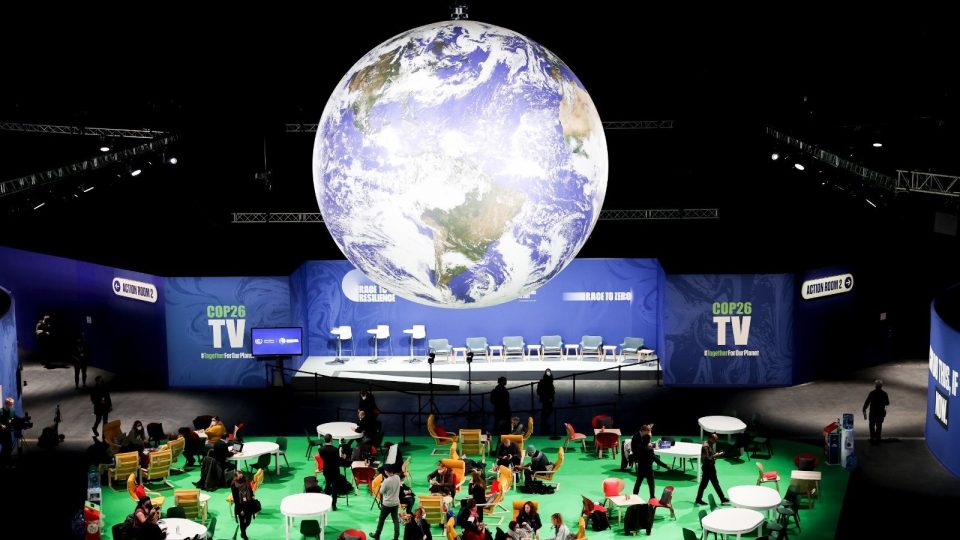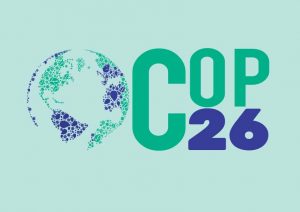
Is it fair to keep high expectations from climate change meet in Glasgow?

As world leaders gather at Glasgow to debate the future course of action on climate change, one cannot help but think if the optimism surrounding the “most important COP till date” is real or just an eyewash.
The last Conference of Parties, held at Madrid in 2019 (COP-25), had fallen short of expectations. It was supposed to come out with a concrete plan on implementing the Paris Agreement of 2015 but it failed, simply because the nations party to the important agreement did not pay heed to science needed to tackle the climate crisis.

While COVID pushed the 2020 COP summit to the year 2021, the optimism and anticipation surrounding the event hasn’t faded a bit. The question is: Can we really expect a big decision this time, given the fact that no UN member nation seems really willing to put the past behind and work with others to address this crisis – climate change – which threatens the very survival of human race?
UN Secretary-General António Guterres was the first to spoil the party. Guterres warned that current Nationally Determined Contributions (NDCs), formal government commitments to progressively ambitious climate actions, still condemn the world to a “calamitous” 2.7 degrees Celsius increase in global warming.
“Even if recent pledges were clear and credible, and there are serious questions about some of them, we are still careening towards climate catastrophe,” he said.
A large section of the scientific community is hopeful of a positive change, but doesn’t trust the political class with actions that will help limit the global temperature rise to 1.5 degrees C of the pre-industrial levels.
While the Paris Agreement of 2015 is hailed as a landmark deal, which was cheered by representatives of the member nations, the fact is that six years down the line, the world is yet to fulfil the commitments made then. Global temperatures are rising, climate vagaries are happening more frequently and emissions have never come down. In fact, despite the temporary positive effects seen on environment after COVID-induced lockdowns last year, 2020 was still voted the hottest year on record.
Even if countries like India claim they are on track to fulfil their nationally determined contributions (NDCs), it looks like the efforts are just not enough to stop the catastrophes that await us. The UNFCCC framework states the intention to stay “well below 2 degrees” (of global mean temperature rise compared to pre-industrial levels) and to stay below 1.5 if possible.
The developed countries, mostly from Europe, have for several years tried to give an impression that it is fine if we limit the temperature rise to 2 degrees C of the pre-industrial times. However, island nations like Maldives can tell (scientifically) how the difference of 0.5 degrees could prove to be a matter of life and death for unfathomable number of people, communities and entire cultures, as well as plant and animal species and ecosystems. In fact, the difference between 1.5 and 2 degrees in real life is life and death. However, the difference between 1.5 and 2 degrees at COP is simply, ‘politics’.
The UN secretary-general António Guterres said that in the best-case scenario, “temperatures will rise well above two degrees, which would be a disaster.”
“If we want real success…we need more ambition and more action,” added Guterres.
“While development finance is urgently required across Asia and the Pacific, the topic has become a quagmire consisting of different politically motivated initiatives, such as China’s Belt and Road Initiative, Europe’s Global Connectivity Strategy and the G7’s ‘Build Back Better World’ strategy,” said Christoph Nedopil Wang of the Fudan University in China.
Climate scientists say that “massive mobilization” of political will could help, but that requires trust, which is in “short supply” among member nations today.
The trust deficit starts at the top – the G20 bloc – and trickles down to relations between developed and developing countries, including emerging economies.
What could happen if there is no agreement at the top was evident from the fact that G20-led COVID-19 vaccination plan never materialized because global coordinated action took a backseat to vaccine hoarding and nationalism.
Also read: Explained: Why is Glasgow meet on climate change important
As the world tries to overcome the negatives of the last year and a half, dominated by COVID, focusing on climate change becomes ever more important. But the expected results on climate action won’t come because of lack of sufficient will power. Unfortunately, COP is becoming a fad. “COP is an arm of the system, and it is the system that we need to change. Increasingly, climate negotiations are becoming a spectator sport, with global north businesses, celebrities, youth participation orgs and many non-stakeholders lining up to be at, and be seen at, COP26,” said Saoi O’Connor, a climate justice activist.
On the contrary, grassroots-level activists, frontline communities and even ministerial delegations from MAPA (the Most Affected Peoples and Areas) are struggling to get in the door, O’Connor rued.
The COP itself has run in large part on fossil fuel sponsorship, an arrangement that has allowed big oil to exercise huge influence over past negotiations, added O’Connor.
While every country has an agenda at COP26, unfortunately though none of their intentions involve taking responsibility for historic – or even current – emissions.
Governments would fail to deliver unless people take it upon themselves the responsibility to make a difference and give a better future to our coming generations.

